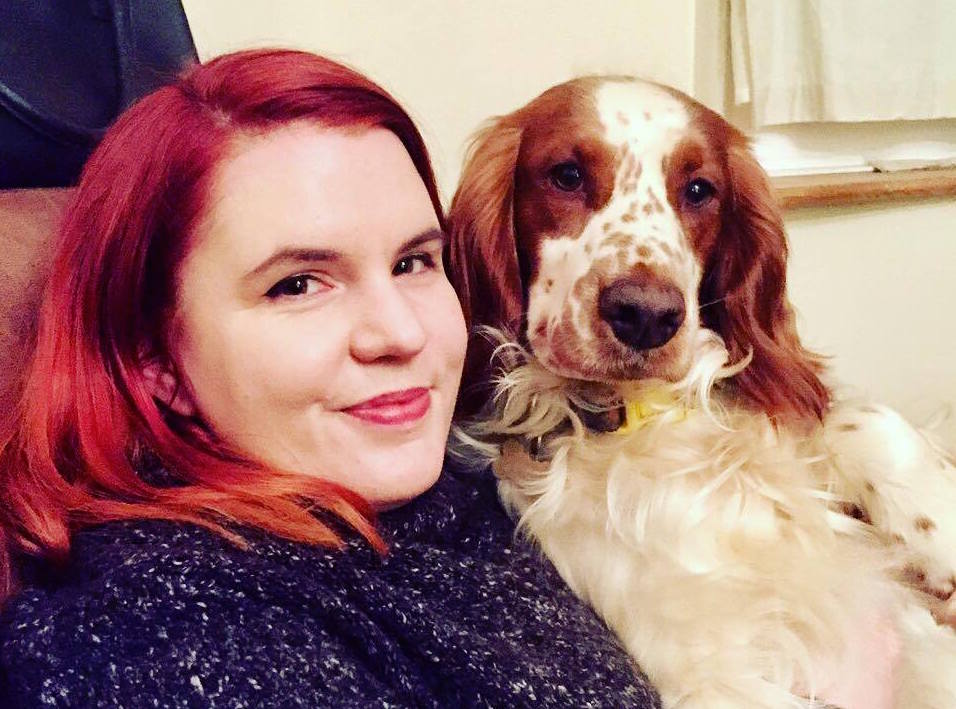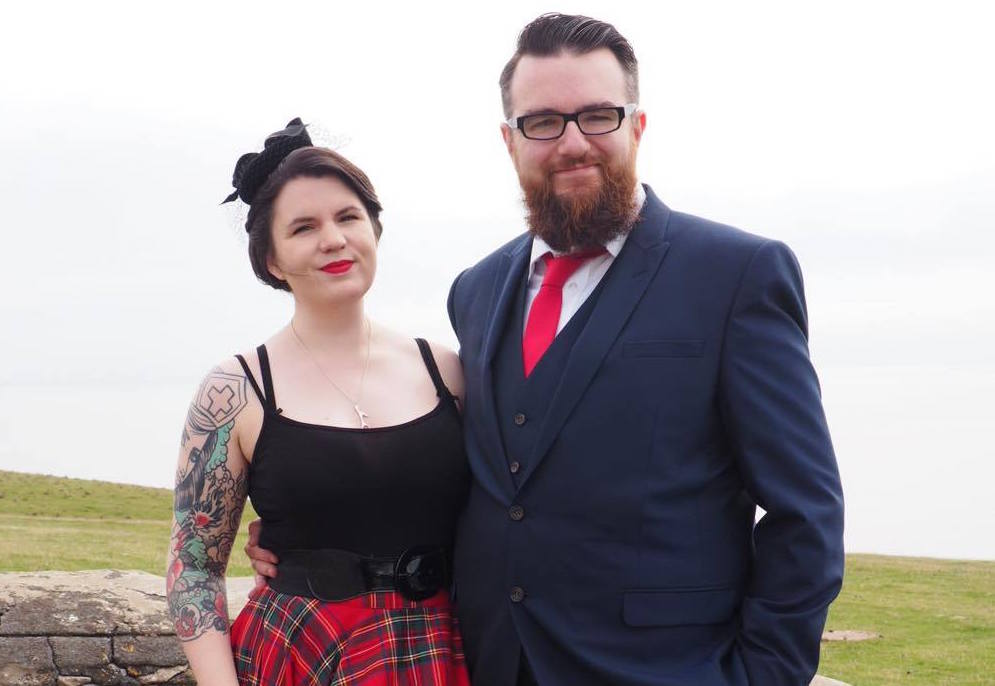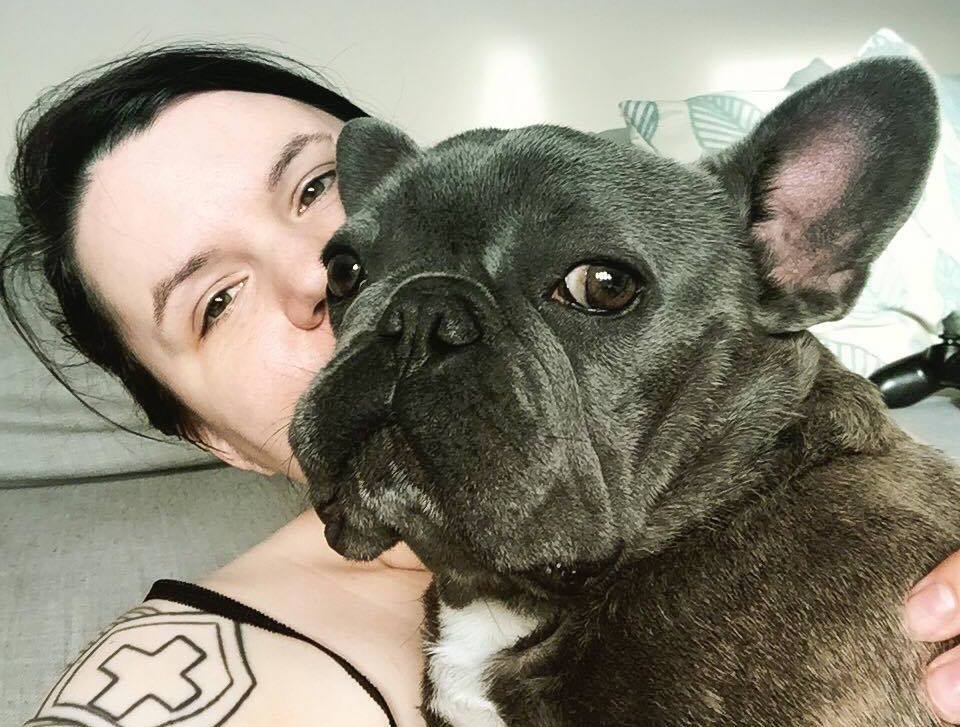Posted October 03rd 2017
I’ve worn a few diagnostic labels since first receiving mental health treatment at age 16: depressive disorder, anxiety disorder, borderline personality disorder and, more recently, bipolar disorder.
I’ve worn my labels lightly: each one previous to this covered some of my symptoms, but somehow they didn’t quite fit.

It was only after a relatively recent mental health crisis (and the following treatment with my local Community Mental Health Team) that the idea of bipolar was suggested.
At first, I was surprised and sceptical: I hadn’t had the type of manic episodes that I had, incorrectly, assumed were experienced by every person with bipolar. However, I did (and do) experience rapidly cycling mood swings that range from elation to depression.
Living with bipolar
Bipolar exists on a spectrum. The intensity and duration of moods cycling vary from person to person. I have what is known as ‘hypomanic’ episodes: I can’t sleep, my thoughts race, I feel almost high from the amount of elation I feel – but there is a flip side, too. I can’t concentrate.
My racing thoughts translate as rushed, garbled speech and I become irritated and angry. I spend money on things I don’t want or need, often becoming fixated on some obscure item/hobby that I neither want nor need. The lows are crushing: everything just…stops.
The endless energy is replaced with an exhaustion that feels like it starts in my bones. Everything, even really minor tasks feel like herculean feats.
Depression to me doesn’t feel like despair. It doesn’t feel like anything.
It feels as if I’ve been hollowed out, that my soul is gone. During these episodes I often experience what’s known as ‘depersonalisation’ – I don’t feel like I exist inside my body. I sort of…step outside of it, and watch as I go through the motions of being a normal human being.
In spite of all of this though, I have managed to study at university, graduate (twice!), get married and work in a rewarding job I enjoy. I have wonderful friends and family, who have always gone out of their way to look after me.
My husband, in particular, deserves a mention, as he is my main source of support. I also have a very supportive manager and work colleagues, who know about (and understand) my condition and help me manage day-to-day in work.

Triggers and strategies
As I’ve gotten older, I’ve become much better at recognising my triggers and having strategies in place in order to minimise their impact. I also take medication which helps control the worst of the downward swings.
In writing this, I wanted to give a little insight to what it’s like to live day-to-day with bipolar and to further promote the fact that there is no one way that any mental illness looks or sounds or even feels from person to person. For me, some days and weeks are better than others. With medication, therapy and support I am able to live my life to the fullest.
When I was younger I felt like there was nothing of me except my illness – it coloured every aspect of my life. But now? Well, I know my bipolar is part of who I am, but it does not define me as an individual.

My name is Joanne. I’m 33 years old. I live by the sea with my husband, our dog Bert and two cats, Oscar and Yolie. I love my husband, my friends, my family. I love RuPaul’s Drag Race, singing loudly in the shower and swimming in the sea. I read and I knit and watch too much Netflix. Oh, and I’m bipolar.
Support
If you’re looking for support or more information about bipolar disorder here are some helpful links:
Our research
We’re working to learn more about the triggers and causes of bipolar disorder. If you’ve been diagnosed with bipolar, find out how you can help.
Sign up now and receive new blog posts to your inbox.
